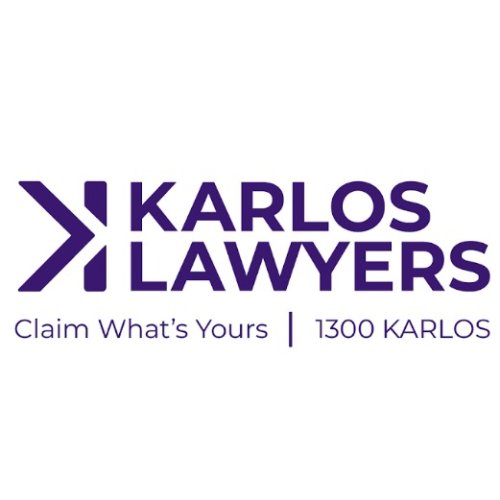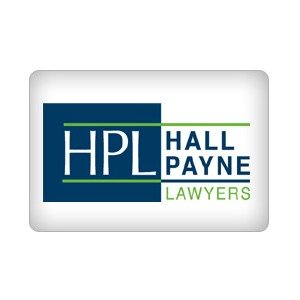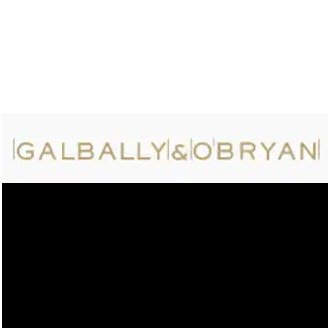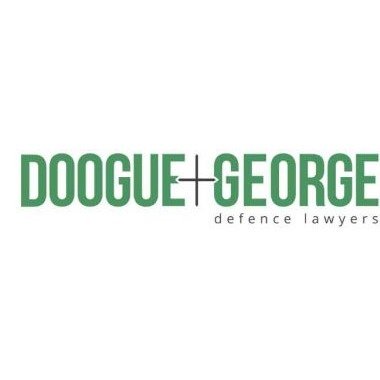Best Criminal Litigation Lawyers in Melbourne
Share your needs with us, get contacted by law firms.
Free. Takes 2 min.
List of the best lawyers in Melbourne, Australia
About Criminal Litigation Law in Melbourne, Australia
Criminal litigation in Melbourne, Australia, pertains to the legal proceedings initiated in response to allegations of criminal conduct. It covers a wide array of offenses ranging from minor infractions to serious crimes. The criminal justice system in Melbourne is governed by both state and federal laws, with the Victorian legal framework providing specific guidelines and processes. The objective of criminal litigation is to ensure justice is served either through conviction and sentencing of offenders or through the acquittal of the innocent.
Why You May Need a Lawyer
Legal representation can be crucial in various situations involving criminal litigation. If you are accused of a crime, you may face complexities in understanding charges and potential consequences without professional assistance. A lawyer can provide crucial support in situations such as:
- Receiving a summons or arrest warrant
- Being charged with a criminal offense
- Facing police interrogation or investigation
- Seeking to appeal a conviction or sentence
- Needing legal representation in court
- Requiring advice on plea bargains or alternative resolutions
Local Laws Overview
The legal framework in Melbourne is defined by both state and federal statutes. Key pieces of legislation relevant to criminal litigation include the Crimes Act 1958 (Vic), which outlines the majority of criminal offenses and penalties within Victoria. The Criminal Procedure Act 2009 (Vic) governs the procedures to be followed in criminal cases. Understanding the roles of various courts, such as the Magistrates' Court, County Court, and Supreme Court, is also essential, as each handles different severity levels of crime.
Frequently Asked Questions
What should I do if I'm accused of a crime?
It's vital to seek legal advice as soon as possible and refrain from making any statements to authorities without consulting a lawyer.
Can I represent myself in a criminal case?
While it's legally possible to represent yourself, it is not advisable due to the complexities and potential outcomes of criminal litigation.
What are the possible outcomes of a criminal trial?
Outcomes can range from acquittal to conviction, with varied sentencing options including fines, community service, or imprisonment.
How long do criminal proceedings usually take?
The duration can vary significantly based on the complexity of the case and the court’s schedule, ranging from weeks to several months or years.
What is a plea bargain?
A plea bargain involves an agreement between the defendant and prosecutor where the defendant pleads guilty to a lesser charge in exchange for a lighter sentence.
What are my rights if I'm arrested?
You have the right to remain silent, the right to a lawyer, and must be informed of your charges.
How is bail determined in Melbourne?
Bail decisions consider the risk of flight, public safety, and likelihood to reoffend, among other factors.
What happens if I miss a court date?
Missing a court date can result in a warrant for your arrest and negatively impact your case; it’s crucial to inform the court and your lawyer immediately if you cannot attend.
Can a criminal conviction be appealed?
Yes, convictions and sentences can be appealed, but there are strict time limits and legal criteria that must be met.
What are the roles of judges and juries in criminal trials?
Judges oversee legal proceedings and ensure fair trial practices, while juries determine the guilt or innocence of the defendant based on evidence presented.
Additional Resources
If you require further assistance or information, consider contacting the following resources:
- Victoria Legal Aid: Provides free legal advice and representation to those who qualify.
- The Law Institute of Victoria: Offers a referral service to help find a suitable lawyer.
- Victorian Government: Contains information on legal rights and services.
- The Magistrates' and County Courts of Victoria: Offer procedural guidance and information on court processes.
Next Steps
If you find yourself in need of legal assistance in criminal litigation, consider taking the following steps:
- Contact a qualified criminal lawyer with experience in Melbourne laws.
- Prepare any documentation or evidence related to your case.
- Attend a consultation to discuss your options and the potential strategies for your defense.
- Ensure that you fully understand your legal rights and obligations throughout the process.
Taking these steps can help protect your interests and improve the likelihood of a favorable outcome in your case.
Lawzana helps you find the best lawyers and law firms in Melbourne through a curated and pre-screened list of qualified legal professionals. Our platform offers rankings and detailed profiles of attorneys and law firms, allowing you to compare based on practice areas, including Criminal Litigation, experience, and client feedback.
Each profile includes a description of the firm's areas of practice, client reviews, team members and partners, year of establishment, spoken languages, office locations, contact information, social media presence, and any published articles or resources. Most firms on our platform speak English and are experienced in both local and international legal matters.
Get a quote from top-rated law firms in Melbourne, Australia — quickly, securely, and without unnecessary hassle.
Disclaimer:
The information provided on this page is for general informational purposes only and does not constitute legal advice. While we strive to ensure the accuracy and relevance of the content, legal information may change over time, and interpretations of the law can vary. You should always consult with a qualified legal professional for advice specific to your situation.
We disclaim all liability for actions taken or not taken based on the content of this page. If you believe any information is incorrect or outdated, please contact us, and we will review and update it where appropriate.















